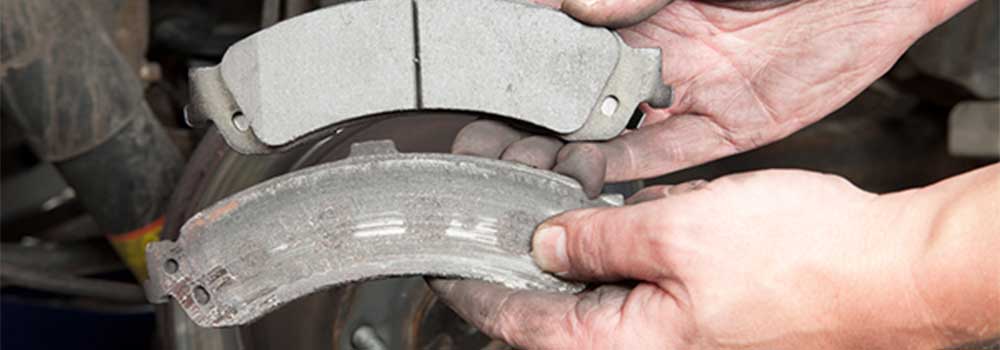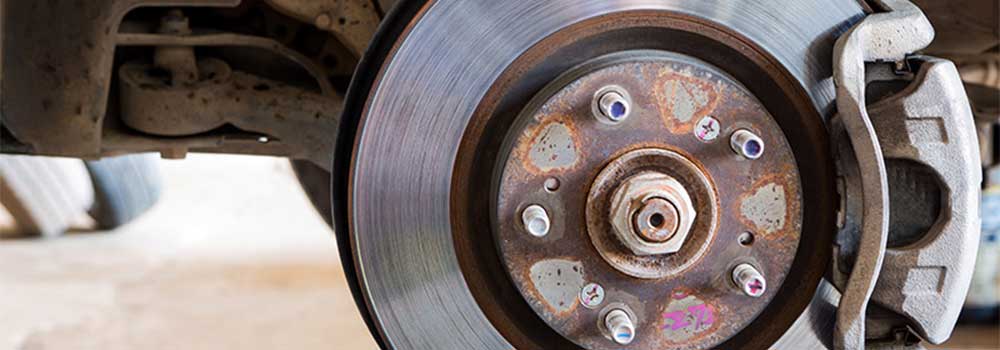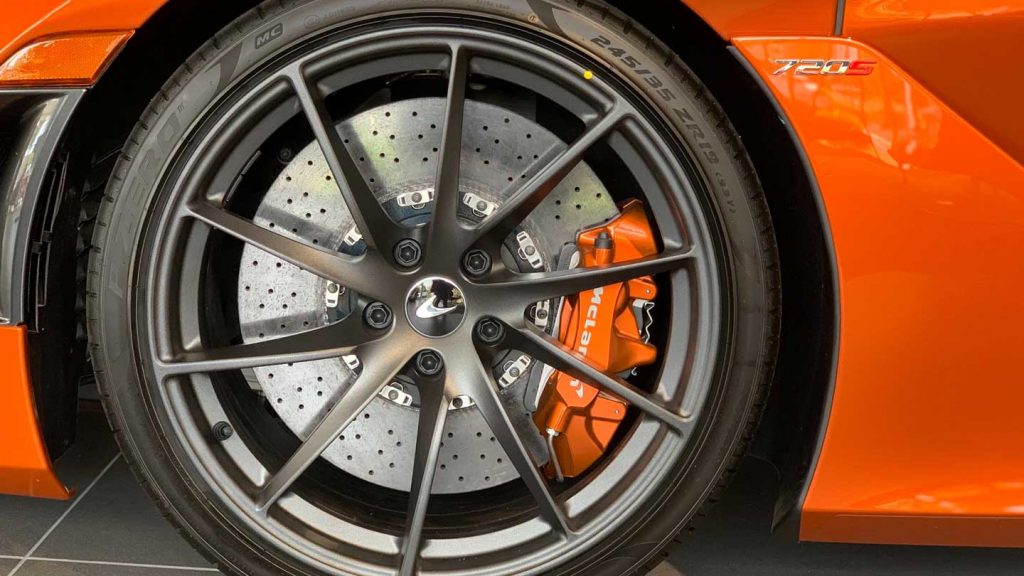Everything is off if you hear the brakes grinding. Here are four potential sources of noise and what to do next. Brakes are one of the most important protection devices for your vehicle. When driving or stopping, never ignore grinding noises.
It is definitely safer to be careful than sorry when it comes to your car’s brakes. Luckily, most brake noises have deemed natural and do not suggest an issue. Constant or unusual grinding sounds may be an indication.
It would be best if you actually lubricated the brake hardware or a signal that one or more brake system components. These components are wearing out or need to service. Know more about this topic before you look for car auto parts.
Poor-Quality or Worn-Out Brake Pads

When braking, noisy metal-to-metal grinding typically means the brake pad’s friction material is worn or dislodged from the metal backing plate to the point. The metal digs into the rotor and scores. Lack of proper lube for the brake caliper or missing shims between the brake pad’s backing plates.
The piston of the caliper will allow them to brush against each other. It creates a noise of grinding while braking. Excess metal and fillers that rub against and weaken the surface of a rotor contain low-quality brake pads.
They still have weak corrosion fighting properties that contribute to the calipers and rotors. They pick up substantial rust, which can create a noisy grinding noise while slowing down.
Caliper Hardware
Missing, worn, or broken hardware for brake calipers, especially mounting bolts and shims, may trigger two grinding forms. A brake caliper that has not completely fixed to its support bracket will drag and rub on the rotor due to loose or defective hardware, creating a grinding noise when driving and stopping.
When applying the brakes, dry, corroded caliper mounting slide bolts can attach and grind. The pads have often forced to pull on the rotors by binding slide bolts, allowing them to overheat, grind and wear unevenly and more rapidly.
Servicing caliber hardware can be a DIY repair when adding new brakes. Remove the rust, soil, and debris from the caliper thoroughly.
Using a plastic brush to remove and disinfect all hardened steel pieces (caliber slide pins) by soaking them in a non-chlorinated brake cleaner (not a degreaser). By wiping with a file or wire brush, do not “break” the hardened finish.
Brake Rotors

A thin coating of rust on a rotor will form overnight and create a grinding noise. A temperature shift will also make the brakes grind. This noise ceases as the brake pads and rotors heat up.
However, heavily corroded and pitted rotor surfaces from sitting for weeks without driving (particularly in high humidity areas), low quality brake pads, or accumulated mud and road salts can cause grinding while stopping.
Rotors that are glazed (smooth and shiny) or scored from unnecessary wear and tear due to cheap brake pads may also create a noise of grinding or scratching. Then you should find out better brake pads for avoiding noise of grinding. So, you can search by “autoparts near me” for having car parts easily.


